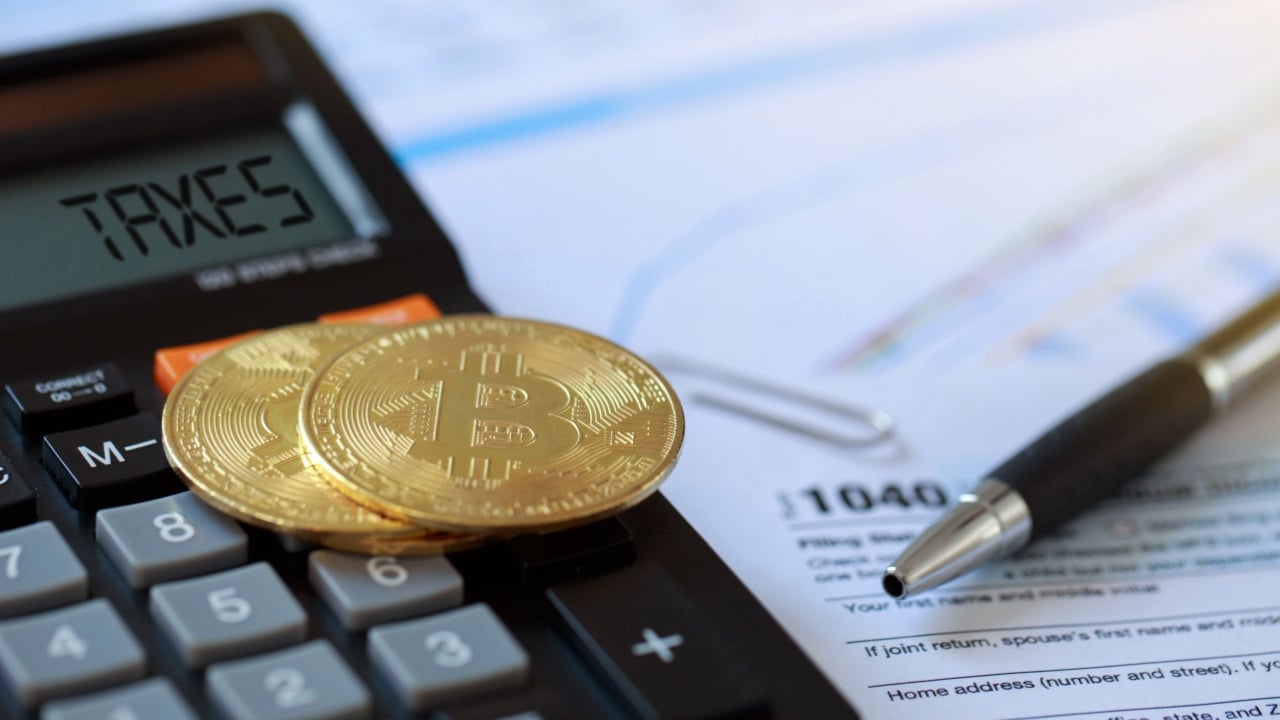Brazil is on the cusp of a significant change in its cryptocurrency taxation policy. The nation’s Senate has recently passed a new income-tax regulation, signaling a potential shift in how Brazilians with cryptocurrency earnings from international exchanges are taxed.
This groundbreaking decision, subject to President Luiz Inacio Lula da Silva’s approval, is slated to take effect from January 1st, marking a pivotal moment in the country’s approach to digital asset taxation.
Navigating New Tax Waters
The impending law targets Brazilians who have garnered more than $1,200 from foreign exchanges and single-shareholder investment funds. According to reports from Yahoo Finance, the Brazilian government aims to generate a substantial revenue of $4 billion from these taxes in the coming year.
This move aligns Brazil with other global economies that are increasingly looking to regulate and tax earnings from the burgeoning digital currency market.
The regulation has sparked debate within Brazil’s political circles. Senator Rogerio Marinho criticized the government’s approach, suggesting that the new tax is a reaction to poor fiscal management.
However, despite the dissenting voices, the legislation stands as a testament to Brazil’s commitment to integrating cryptocurrency into its formal economic structure.
The Ripple Effect of Brazil’s Crypto Tax Policy
This legislative change is part of President Lula’s broader strategy to boost public revenue through targeted taxation measures. A Reuters report details that from January 1, 2024, Brazilian residents’ income from overseas financial investments will be subject to tax.
The tax brackets are varied, with earnings up to 6,000 reais ($1,203) remaining tax-free. Income above this threshold but under 50,000 reais will incur a 15% tax, while amounts over 50,000 reais will attract a 22.5% tax.
This initiative reflects President Lula’s administration’s focus on balancing the public accounts by expanding the tax base. Notably, this measure was not highlighted in President Lula’s Labor Day address, which concentrated on other fiscal policies like minimum wage increases and tax exemptions for lower-income groups.
The Brazilian Finance Ministry anticipates that this new taxation approach could generate approximately 3.2 billion reais ($641 million) in 2023, with projections showing a steady increase in the following years.
This move is not just a fiscal maneuver but also indicates Brazil’s evolving stance on digital assets, recognizing the need to integrate these new forms of wealth into the national economic framework.
As Brazil steps into a new era of digital asset taxation, the world watches closely. The country’s decision to levy taxes on offshore cryptocurrency earnings is more than a financial directive; it’s a signal of Brazil’s recognition of the growing importance of digital currencies in the global economy.
How this policy will impact Brazilian crypto investors and the broader market remains to be seen, but it undoubtedly marks a significant moment in the intersection of cryptocurrency and government regulation.





